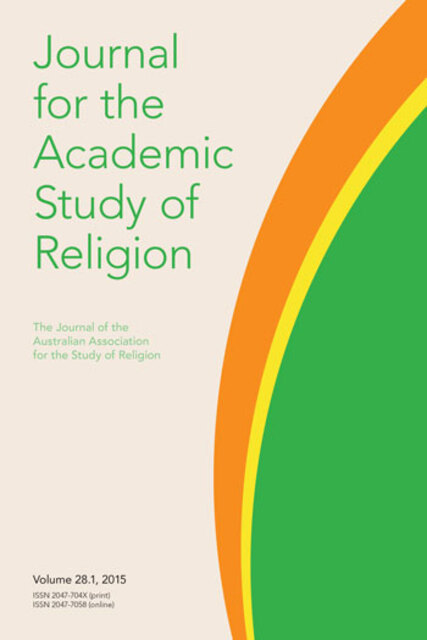Ventures of Women in Relation to Religion and Violence

Full description
This article is one of gratitude to three scholars—Grace Jantzen, Hannah Arendt and Judith Butler—who encouraged my feminist leanings. Jantzen’s reading of Arendt’s The Human Condition (1959) prompted her move from a literal to a figurative form of the term ‘natality’. Arendt’s emphasis on human suffering also attracted Jantzen. Instead of rejecting Arendt’s ‘natality’ as a literal mode of maternity, Jantzen affirmed Arendt’s position, where, together with constructive work, ‘natality’ can initiate dynamic change. Such a new beginning, inherent in birth, is recognized in the world only because newcomers possess a capacity of beginning, of something new, i.e., of action. ‘It initiates the dynamic element of action, and thus natality, which is inherent in all human activity’ (Arendt 1959: 10–11). Judith Butler’s publications have provided provocative challenges since Gender Trouble (1990). Recently, however, Butler has invoked ethical responsibility in an era of ‘senseless death’. She recommends a new bodily ontology which may initiate another dynamic change.
- typeImage
- created on
- file formatjpeg
- file size24 KB
- container titleJournal for the Academic Study of Religion
- creatorMorny Joy
- issn2047-7058 (online)
- issue33.3
- publisherEquinox Publishing Ltd.
- publisher placeSheffield, United Kingdom
- rightsEquinox Publishing Ltd.
- volume
- doi
We use cookies to analyze our traffic. Please decide if you are willing to accept cookies from our website. You can change this setting anytime in Privacy Settings.
